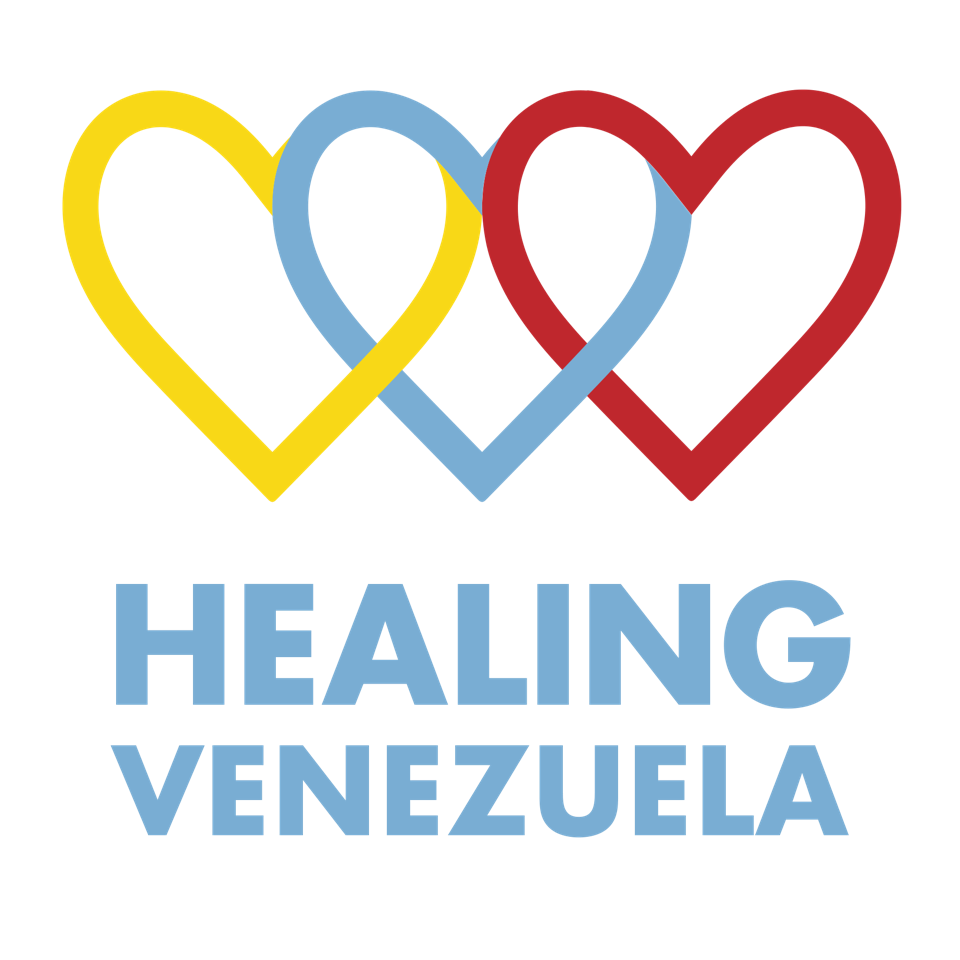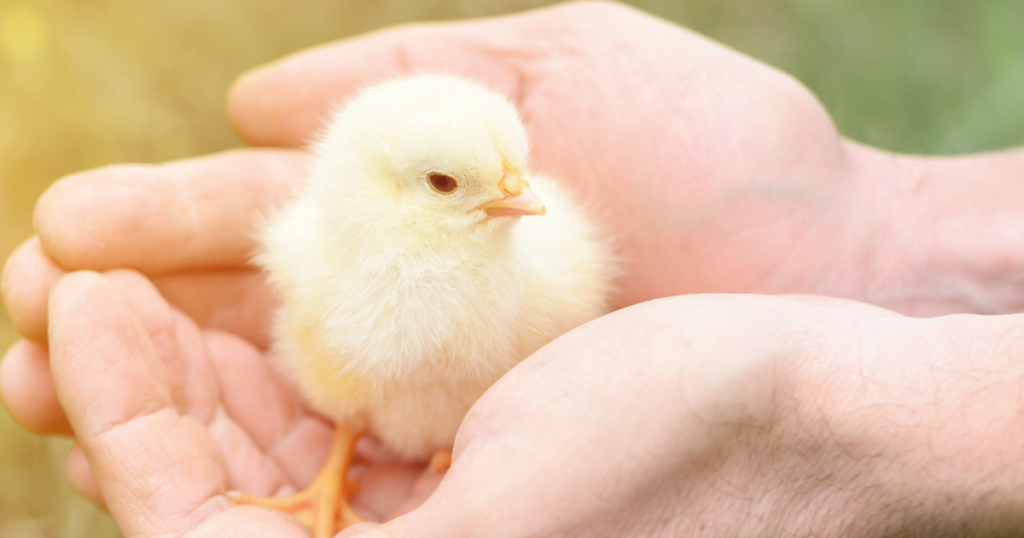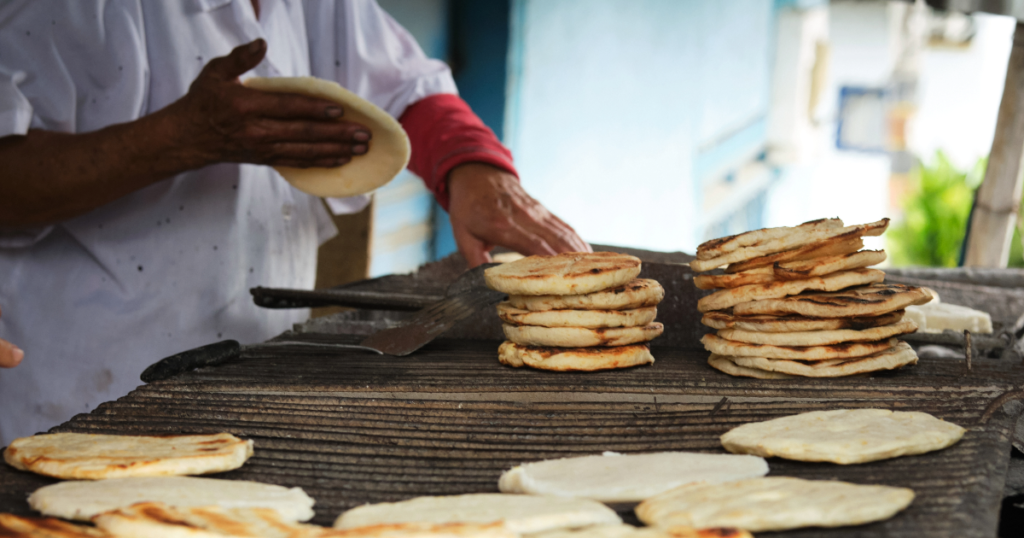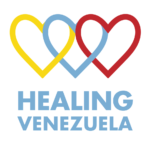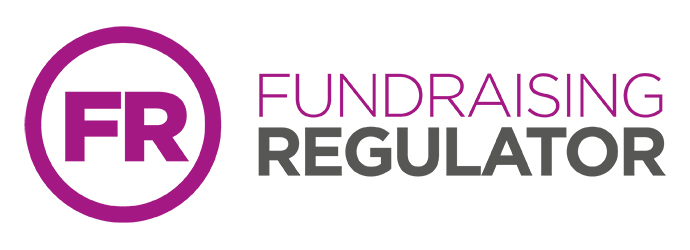HELP VENEZUELANS MOST IN NEED
Provide the most vulnerable of Venezuelans a better quality of life by donating to our vital medical care and sustainable food programmes today.
95% OF YOUR DONATION GOES STRAIGHT TO THOSE IN NEED
OUR IMPACT SO FAR
People Benefited
+
K
Junior Doctors Supported
+
0
Meals for Children
+
0
K
THE CHALLENGE
26%
CHILDREN UNDER 5 ARE MALNOURISHED
50%
OF DOCTORS HAVE EMIGRATED
82%
HAVE NO ACCESS TO DRINKING WATER
HOW WE HELP
We provide results-driven aid to those in urgent need of food and medical assistance to ensure long-term support for the 90% of Venezuelans who live in poverty.

Our Latest News
recognised by the best

Mental Health Awards / GHP 2022
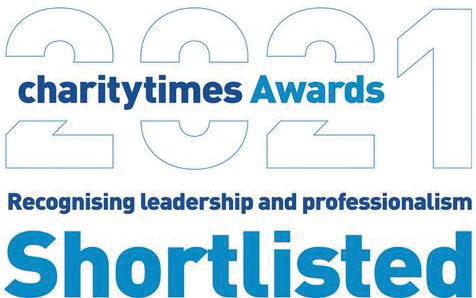
Times Charity Awards / July 2021

Charity Of The Month / Jan 2019
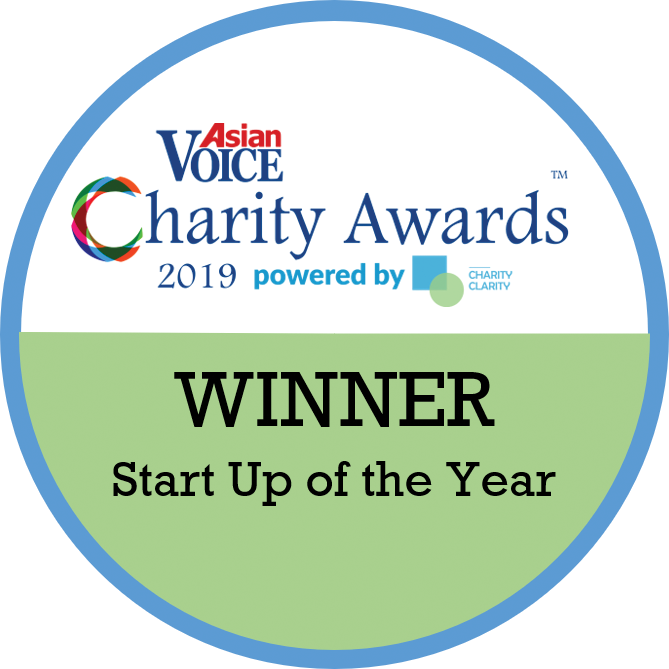
Start Up The Year 2019
stay in touch!
Stay up to date with the crisis in Venezuela, the work we are doing, upcoming events, and ways to get involved with our charity.
Subscribe to our mailing list today!
